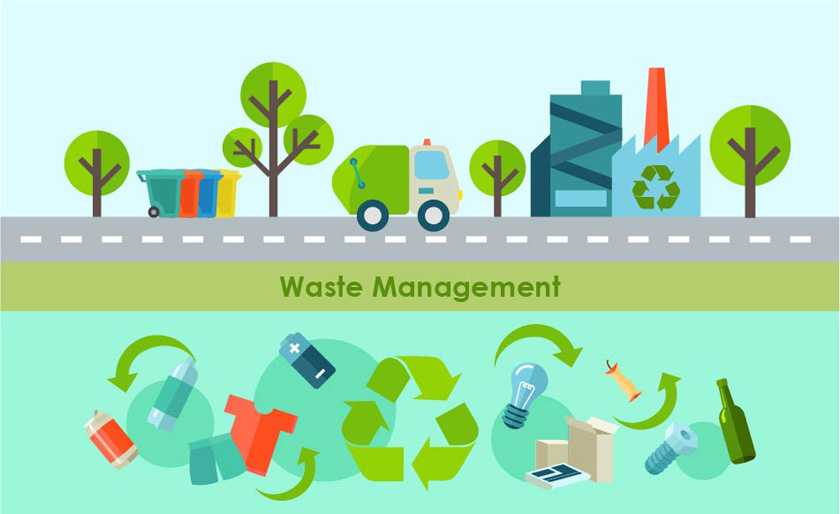Waste Management is an essential component of sustainable development, and innovations in this field can have a significant positive impact on the environment, public health, and economic growth. In Australia, waste management has been a hot topic in recent years, with a range of new initiatives and innovations being implemented.
One of the most significant waste management trends in Australia in recent years is a focus on resource recovery and recycling. The Australian Government has implemented a range of initiatives to reduce waste and cut landfill emissions, such as the introduction of container deposit schemes in certain states and the introduction of a national approach to the management of electrical and electronic waste. These new initiatives are helping to ensure that more of Australia’s waste is being recovered and recycled, rather than sent to landfill.
Another major trend in Australia’s waste management strategies is the increasing focus on waste-to-energy initiatives. Technologies such as gasification and pyrolysis are helping to reduce landfill emissions and generate energy from waste. Australia is also investing heavily in anaerobic digestion, which is the process of breaking down organic waste with bacteria in the absence of oxygen, creating biogas which can be used as a source of energy.
In addition to these waste management initiatives, Australia is also looking to shift towards a more circular approach to waste management. This model focuses on reducing the amount of waste generated, improving resource efficiency, and ensuring that materials are reused and recycled wherever possible. This model will help reduce the environmental impacts of waste while also providing economic benefits for businesses and households.
Australia is also beginning to adopt more advanced waste tracking systems to ensure that waste is correctly handled and stored. These systems help to reduce the risk of contamination by tracking the waste materials from collection to disposal, as well as providing detailed reporting on the waste generated by different locations and industries.
Furthermore, Australia is also looking to embrace more digital solutions for its waste management requirements. This includes the use of apps and services to help households and businesses more easily track their waste and reduce their environmental footprint, in addition to the development of digital platforms to connect businesses, government and other stakeholders.
There are a number of challenges that Australia faces in its efforts to improve its waste management strategies. One of the key challenges is a lack of education and understanding of the environment and its impact on waste management. This means that many Australians are unaware of the waste they produce and of the best practices in handling and disposing of their waste. There is also a lack of adequate resources and infrastructure needed to implement effective waste management strategies.
An additional challenge is that waste management solutions tend to be expensive, and it can be difficult for businesses to find the funds to invest in resource recovery and waste-to-energy initiatives. Many businesses are also reluctant to change their habits and invest in greener practices, due to the potential costs involved.
The dual responsibility of both the government and the private sector is needed to address these challenges. The government can provide support through financial incentives, legislation, and public education to help businesses and households adopt sustainable waste management practices. Additionally, the private sector can support waste management initiatives through their own investments, such as recycling and composting solutions. With the right support and incentives, Australia can become a global leader in waste management strategies.
In summary, Australia is making significant progress in its waste management strategies, with a focus on resource recovery, waste-to-energy initiatives, circular economy approaches, waste tracking systems, and digital solutions. While much work is still required in this field, the trends and innovations being implemented in Australia are helping to ensure a more sustainable future for both the country and the planet.

